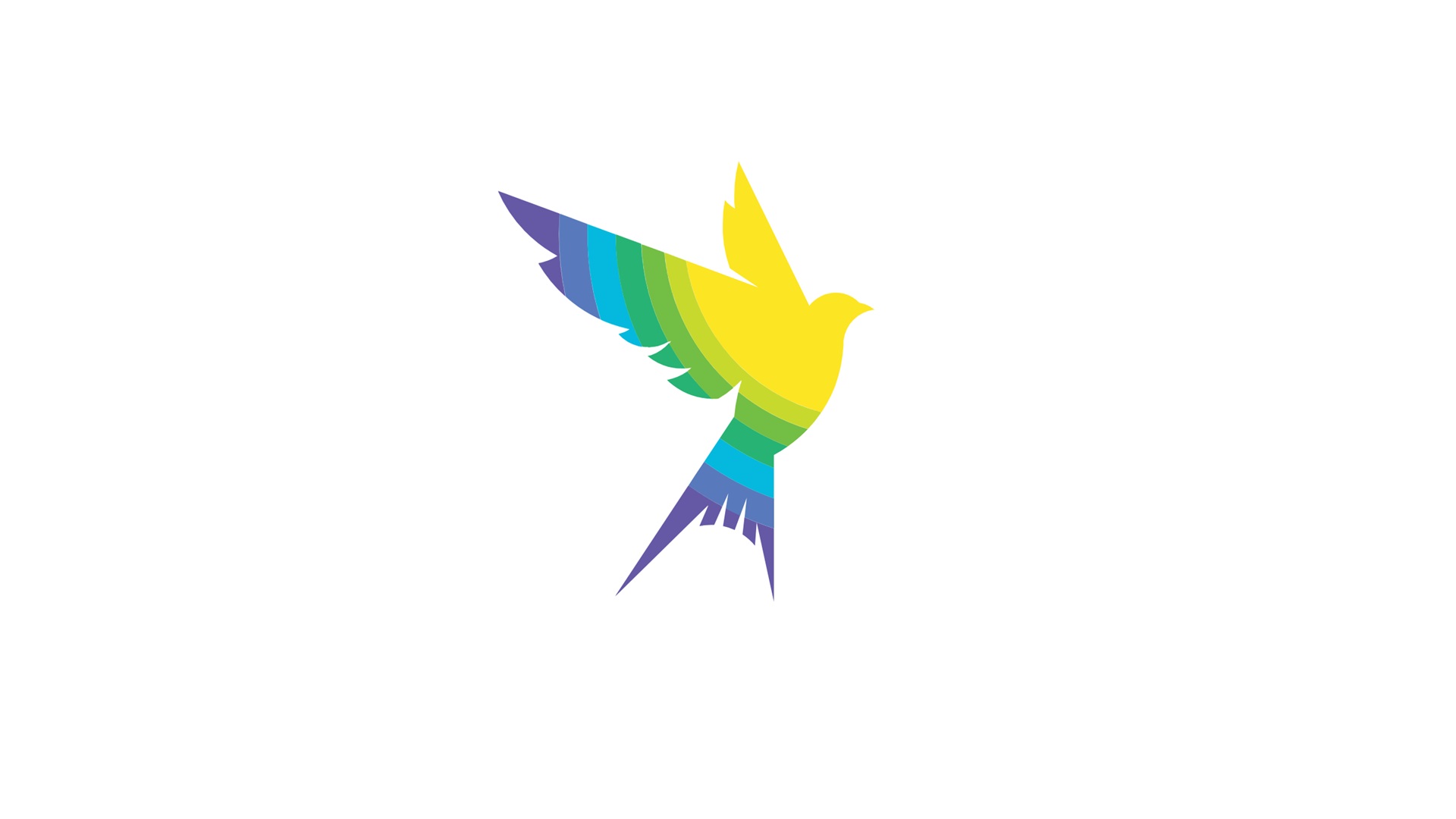
Venezuela is a flawed model for Latin American left
In an interview with the BBC published on January 21, Gabriel Boric dissociated himself from the governments of Nicaragua and Venezuela. In a matter of hours, some of the intellectuals and political leaders who had celebrated Boric's triumph sourly polemicised with the Chilean president-elect.
"(The) main demonstration of (Maduro's) failure is the six million Venezuelans in the diaspora", Boric stated. His position is not new. In May 2021, he compared the human rights violations in Venezuela with those perpetrated by Piñera in Chile. Then in November, as the presidential election in Nicaragua was widely questioned, amongst other reasons because seven opposition leaders were imprisoned before they could register their candidacies, sectors of the Chilean left, including the Communist Party which is part of Boric's government coalition, came to Ortega's defence.
But Boric and some leaders of the Communist Party itself criticised Ortega, including deputies Camila Vallejo and Karol Cariola. Already in 2019, following the report on human rights violations in Venezuela presented by former Chilean President and UN High Commissioner for Human Rights Michelle Bachelet, Vallejo and Cariola publicly disagreed with the Communist Party's support for Maduro.
"Alleged democratic concerns can not be taken seriously when the US government supports brutal regimes such as Saudi Arabia, Egypt and Israel's apartheid"
For these reasons, Boric's statement did not spark a public debate in his coalition. However, internationally there was a backlash. Former Ecuadorian President Rafael Correa tweeted: "Gabriel: Have you forgotten the criminal blockade of Venezuela? Venezuela is prevented from selling its oil! How many Chileans would be in the "diaspora" if Chile was prevented from selling copper? It's like finding a drowned man in chains, and saying he died because he couldn't swim".
Argentine professor Atilio Borón was even more condescending: "the inexperienced president needs classes on Latin American history, cultural colonialism, imperialism and international relations". He added that Brazil has 4.2 million emigrants who do not attract as much attention. In the same line of reasoning, Vijay Prashad, from the Tricontinental Institute, mentioned India has more emigrants, 18 million, and that there are 83 million forced migrants in the world.
Boron and Prashad overlook that Brazilian migrants are less than 2% of that country's population, in India, they represent 1%, and 83 million people are little more than 1% of the world's population. Meanwhile, 6 million forced migrants represent 20% of Venezuela's population displaced over a brief period.
Before addressing Correa's argument, let's be clear: the US government has no right to intervene in a semi-colonial country to take out or impose a government. Alleged democratic concerns can not be taken seriously when the US government supports brutal regimes such as Saudi Arabia, Egypt and Israel's apartheid, and has supported the vast majority of coups and dictatorships in Latin America and the Caribbean over the last century.
Predictably, oil sanctions have hurt the Venezuelan working class much more than the government. Nonetheless, the chronology of the crisis shows that Correa is wrong. The oil sanctions did not generate the exodus. When they came into force in April 2019, the country was already ruined. When the effects of the oil sanctions began to be felt, there were already more than 4 million forced migrants.
The drop in oil production also predates 2019. Production at the start of the sanctions was barely over 1 million barrels per day, a third of the production levels when Chavismo came to power in 1999. In January 2019, the US was the main buyer of Venezuelan oil and this was the main source of liquid foreign currency for the Venezuelan State since most exports to Russia and China constituted debt payments.
Not even the drop in oil prices is the main factor in a crisis that began with the oil price above US$ 100 per barrel, in 2013. Chávez did not take advantage of a gigantic income in a decade of the oil boom to diversify the productive matrix and reduce dependence on an energy source with a high incidence of global warming. On the contrary, oil and its derivatives constituted 96% of Venezuelan exports in 2012. Public foreign debt also grew, from around US$ 25 billion dollars in 1999 to more than US$ 110 billion in 2012.
The government chose not to nationalise oil, but to create joint ventures with transnationals such as Chevron, Repsol, Total, ENI and Statoil, as well as Russian and Chinese companies, which took part of the profits. The oil income was also used to finance national and transnational private companies for more than fifteen years using an ultra-subsidised exchange rate.
Maduro's government has received vital equipment for its oil industry from Iran, which in return has received crude and other primary resources from Venezuelahttps://t.co/rGZUsBoZ7A
— The New Arab (@The_NewArab) December 27, 2021
The capital flight between 2003 and 2014 swelled to around US$ 300 billion dollars, a period during which the government controlled the exchange market and decided to whom and in what amounts it allocated dollars for imports. To aggravate the situation, between 2013 and 2017 Maduro brags he paid US$ 109 billion dollars of foreign debt. This was achieved by cutting imports, reducing social spending and mutilating the minimum wage to the equivalent of fewer than five dollars a month.
To cover the state budget deficit, monetary liquidity was increased, triggering inflation to insane levels. As the economy collapsed, malnutrition, maternal and infant mortality soared. As this austerity program eroded Maduro's social base, the remaining option for staying in power was through restricting democratic rights and increasing repression. Between April and July 2017 as widespread popular protests took place, more than 160 people were killed, mostly by police, military and paramilitary forces. Thousands were arbitrarily detained and hundreds were tortured.
"These resounding failures have made sectors of the left in Latin America and in Chile, beyond Boric, take a distance from Maduro's model, which in practice has nothing to do with socialist ideals"
Fleeing misery, thousands of Venezuelans travel the streets, mountains, jungles and deserts of South America by foot. Hundreds cross the border between Bolivia and Chile daily, in spite of the risks and rising xenophobia. Last January 30, a mob carrying Chilean flags attacked an immigrant camp in Iquique, the second such attack in four months, with the complicity of the police.
These resounding failures have made sectors of the left in Latin America and in Chile, beyond Boric, take a distance from Maduro's model, which in practice has nothing to do with socialist ideals. This forced migration crisis is only surpassed by the Syrian catastrophe, and it is no coincidence that the foreign policy of Maduro and Ortega offers total support to Assad, while intellectuals like Prashad and Borón also support the Syrian dictatorship recurring to a highly distorted brand of anti-imperialism.
This is why drawing the necessary lessons from the Venezuelan disaster to strengthen authentic solidarity among the workers, indigenous people, peasants, youth and women of the region is not only crucial for a truly anti-imperialist policy. It is the only way to build socialist alternatives that rise to the challenges we face today in Latin America and the rest of the world.
Simón Rodríguez Porras is a Venezuelan Socialist and writer. He is the author of "Why did Chavismo fail?" and editor at Venezuelanvoices.org.
Have questions or comments? Email us at: editorial-english@alaraby.co.uk
Opinions expressed in this article remain those of the author and do not necessarily represent those of The New Arab, its editorial board or staff.


![President Pezeshkian has denounced Israel's attacks on Lebanon [Getty]](/sites/default/files/styles/image_684x385/public/2173482924.jpeg?h=a5f2f23a&itok=q3evVtko)



 Follow the Middle East's top stories in English at The New Arab on Google News
Follow the Middle East's top stories in English at The New Arab on Google News


